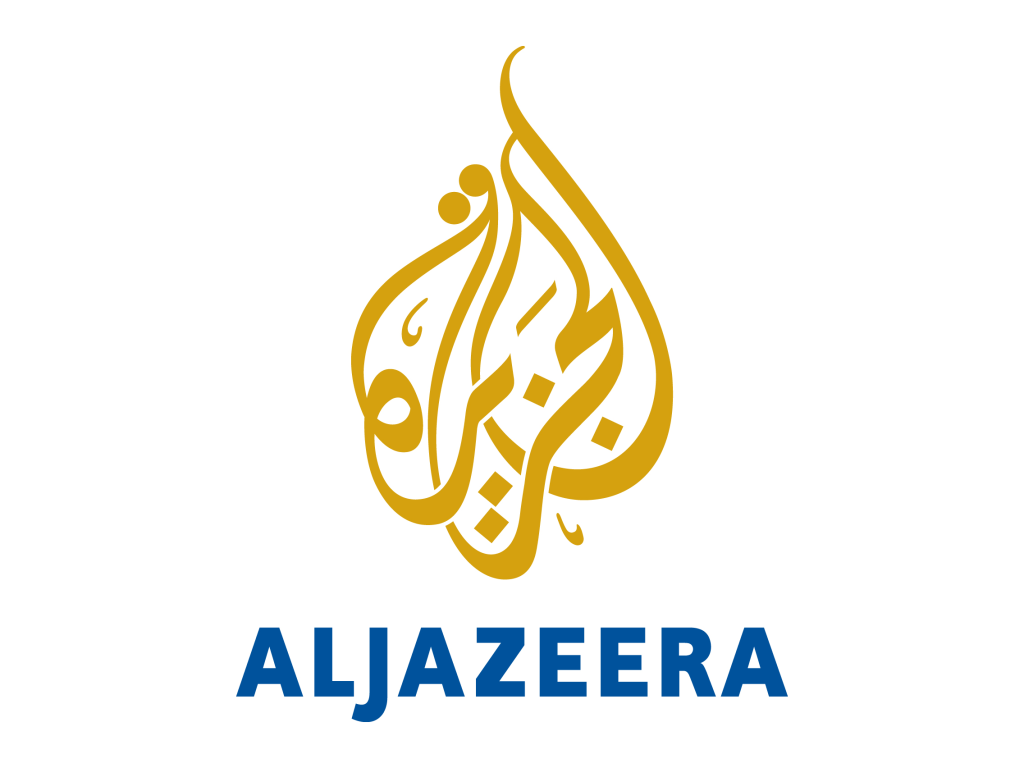ARTICLE AD
McDonald’s has been subject to boycotts since franchisee Alonyal announced it would donate free meals to the Israeli military.
Published On 5 Apr 2024
McDonald’s has said it will buy its 30-year-old Israel franchise from Alonyal, taking back ownership of 225 outlets that employ more than 5,000 people.
The US fast-food chain has been subject to boycotts and protests since Alonyal announced shortly after the October 7 attack by Palestinian group Hamas that it would be donating free meals to the Israeli military.
McDonald’s is a global company, but its franchises are often owned locally and operate autonomously. Its CEO Chris Kempczinski said previously the company had seen “meaningful business impact” in several markets in the Middle East and some outside the region due to the Israel-Hamas conflict.
“For more than 30 years, Alonyal Limited has been proud to bring the Golden Arches to Israel and serve our communities,” Omri Padan, CEO and owner of Alonyal, said in a statement on Thursday.
McDonald’s added that it “remains committed to the Israeli market and to ensuring a positive employee and customer experience in the market going forward”.
After the completion of the transaction in the coming months, McDonald’s will own Alonyal’s outlets and operations while retaining its employees. The companies did not disclose the terms of the transaction.
‘It’s a human tragedy’
In February, Kempczinski said that the war had had a “disheartening” effect on sales in Middle Eastern countries and other Muslim-majority nations such as Malaysia and Indonesia.
“So long as this conflict, this war, is going on … we’re not expecting to see any significant improvement in this,” Kempczinski said in a conference call.
“It’s a human tragedy, what’s going on, and I think that does weigh on brands like ours.”
Sales growth for the fast-food chain’s division for the Middle East, China and India during October-December was just 0.7 percent – far below market expectations of 5.5 percent.
The slump comes after customers in Muslim countries called for a boycott of McDonald’s in response to Alonyal’s announcement, which led franchisees in countries including Egypt, Jordan and Saudi Arabia to distance themselves from the donations and collectively pledge millions of dollars in aid to Palestinians in Gaza.
While Chicago-based McDonald’s is known as one of the United States’ most iconic brands, most of its restaurants worldwide are locally owned and operated.
Another major Western fast-food chain Starbucks has also seen boycott campaigns over its perceived pro-Israeli stance and alleged financial ties to Israel.
CEO Laxman Narasimhan told journalists in February that Starbucks saw a “significant impact on traffic and sales” in the Middle East but also in the US, where protesters campaigned against the Seattle-based company, calling for it to take a stand against Israel.
Domino’s, a US-based pizza maker with franchises around the world, also faced blowback after posts on social media claimed without evidence that it had also given free food to Israeli soldiers.
The brand’s same-store sales dipped by 8.9 percent in Asia in the second half of 2023, mainly because consumers in Malaysia associated it with the US, an Israeli ally, a company official said.
Source
:
Al Jazeera and news agencies

 9 months ago
67
9 months ago
67 